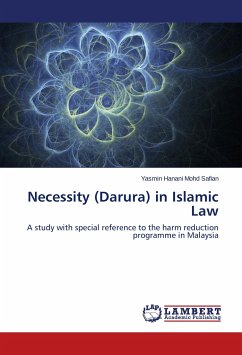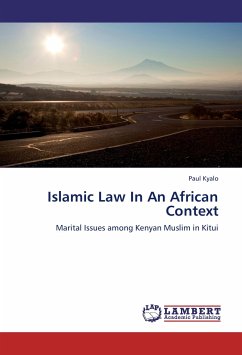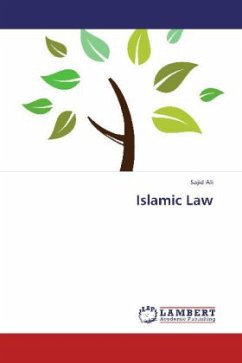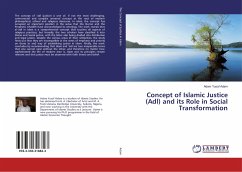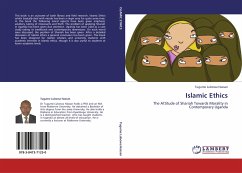This study serves two aims, to shed light on the rule of darura in Islamic law and to examine the justification for the Harm Reduction Programme in Malaysia using the said rule. In an attempt to fathom the real understanding of this rule, the writer employed two methods: a critical approach to the darura theoretical discussions and an analysis of darura cases presented in fiqhi treatises. The study demonstrates that the usuliyun have formulated a narrow scope of darura theory although the applications of the rule in fiqhi treatises suggest other ways in which the principle can be applied. The jurists tend to apply the rule in a much wider sense in the various fiqhi works, either in true and factual cases or in hypothetical ones. This research also finds that the modern jurists have expanded the application not only to protect the necessity of an individual person but to protect the necessity of the public at large. It can also be suggested that the rule of darura has provided measures derogating obligations; however, this must only be to the extent required by the exigencies of the situation.
Bitte wählen Sie Ihr Anliegen aus.
Rechnungen
Retourenschein anfordern
Bestellstatus
Storno

